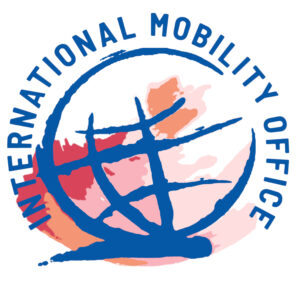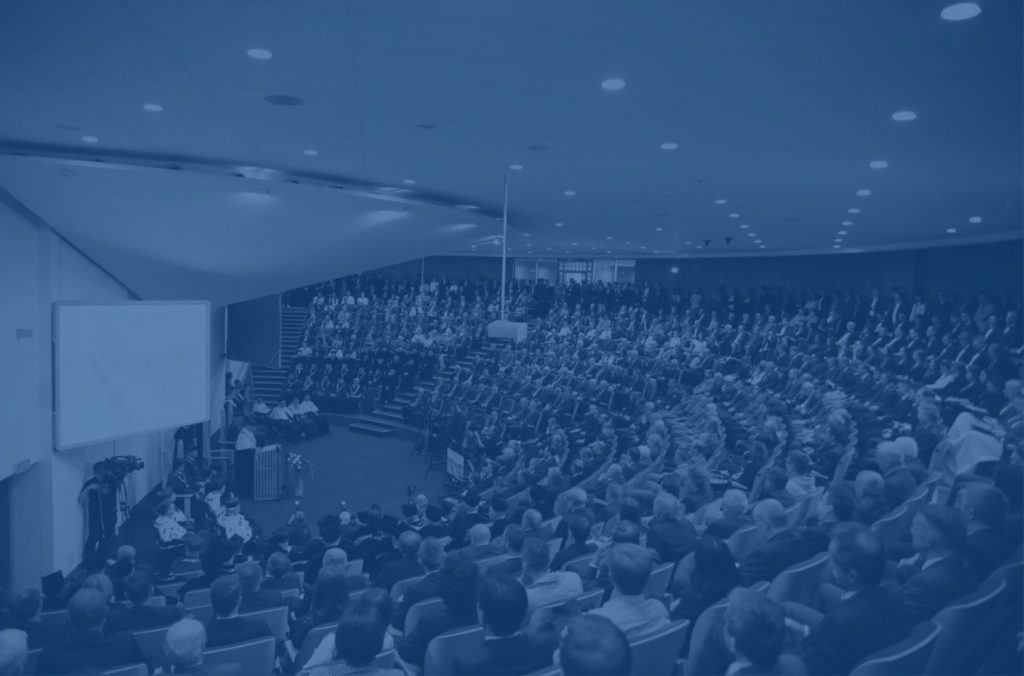Erasmus+ KA171


MOBILITY OF UNIVERSITY STUDENTS AND STAFF - COOPERATION WITH PARTNER COUNTRIES
In Action 1 "Learning Mobility" in Erasmus +, universities can obtain funding for student and staff exchanges with program countries and exchanges with partner countries from other regions of the world (KA171).
Learning mobility with Partner Countries is funded from sources other than mobility between Program Countries, therefore interested HEIs must submit a separate application. The competition rules are different than for mobility between Program Countries.
A mobility project may involve cooperation with one or more partner countries.
An exchange project with Partner Countries can cover the following types of mobility:
Students' incoming / outgoing mobilities to complete part of their studies at a foreign partner university;
Incoming / Outgoing mobilities of academic teachers to conduct didactic classes for students of a foreign university;
Incoming / Outgoing mobilities of university employees for training purposes.
Individual beneficiaries (students and university employees) apply for mobility at their home university.
Students and employees coming to Polish universities from universities in partner countries receive a grant (scholarship) from a Polish institution under a financial agreement that this institution will sign with the National Agency.
Mobility projects for higher education students and staff - more information
Erasmus+ International Credit Mobility- Handbook 2023
Erasmus+ International Credit Mobility- Handbook 2024 and 2025
Incoming Mobilities
| Type | Grant |
|---|---|
| Students (SMS) |
800 €/month |
| Staff (STA/STT) | 140 €/day (2023); 148 €/day (from 2024) |
Students
Under the Erasmus+ KA171 program, students and doctoral students can only carry out long-term physical mobility for study (SMS) - 1 semester or 2 semesters (mobility capital is 12 months for each degree of study).
Instructions on nominations and applications for incoming students
Financial orders will be carried out only through bank transfers!
Staff
The recruitment of candidates is carried out by the home university or individual employees who declare their interest in IMO SUT, with the knowledge of the international offices/responsible persons from the home university.
Recruitment of candidates is ongoing, depending on the number and type of available scholarships and the possibility of organizing classes by the university, while maintaining the formal recruitment rules (required documents) and implementation of the cycle of classes/trainings (STA/STT) remain similar to those in the case of mobility of employees from partner universities of the Programme Countries. Difference: a minimum of 5 days of classes (working days) is required, without breaks in the teaching calendar.
STA - staff mobility for teaching
- Didactic visit (STA) can be carried out only by an academic/teaching employee.
- Didactic visit (STA) is possible only during the period when classes with students are taking place at the SUT, according to the schedule of the local academic year.
- Group of students for STA arrivals: minimum 10 (any cycle of education)
- Number of didactic hours: minimum 8h
STT - staff mobility for training
Training mobilities (STT) are offered in the first place to non-academic employees involved in activities related to the implementation of the project and related activities.
Trainings organized by IMO SUT
!ST mobilities cannot relate to research activities!
What documents we require from incoming staff?
- Obligatory nomination letter from home University
- CV / Motivation Letter - must contain field of work
- Invitation from one of our faculties - applies to mostly STA, in case of STT only to those conducted at faculty (contacts to faculty coordinators). In case staff member does not have any contacts with SUT yet, they should contact me first
- STA/STT mobility agreement - templates
Grant payment
Financial orders will be executed by bank transfers; cash settlements will be made only in exceptional cases!
Outgoing Mobilities
| Type | Grant |
|---|---|
| Students (SMS) |
700 €/month |
| Staff (STA/STT) | 180 €/day (2023); 190 €/day (from 2024) |
Students
Currently not available.
List of countries to which students cannot go, according to the rules of the program
Staff
The recruitment of candidates is conducted by the International Mobility Office, from departments/other organizational units.
Recruitment of candidates is ongoing, depending on the number and type of available scholarships and the possibility of organizing classes by the university, while maintaining the formal recruitment rules (required documents) and implementation of the cycle of classes/trainings (STA/STT) remain similar to those in the case of mobility of employees from partner universities of the Programme Countries. Difference: a minimum of 5 days of classes (working days) is required, without breaks in the teaching calendar.
STA - staff mobility for teaching
- Didactic visit (STA) can be carried out by an academic/teaching employee.
- Didactic visit (STA) is possible only during the period when classes with students are taking place at the host university, in accordance with the schedule of the local academic year.
- Group of students for STA arrivals: minimum 10 (any cycle of education).
- Number of didactic hours: minimum 8h
STT - staff mobility for training
Training mobilities (STT) are offered in the first place to non-academic employees involved in activities related to the implementation of the project and related activities.
!ST mobilities cannot relate to research activities!
Grant payment
Financial orders will be executed by bank transfers; cash settlements will be made only in exceptional cases!
| Academic year | Call | Application period | Contract number | Number of places |
|---|---|---|---|---|
| 2022–2023 | I | 11.01.2023–01.02.2023 | 2022 | 30 |
| 2022–2023 | II | 07.06.2023–24.06.2023 | 2022 | 14 |
| 2023–2024 | I | 15.01.2024–31.01.2024 | 2022 | 5 |
| 2023 | 38 | |||
| 2024–2025 | I | 05.11.2024–22.11.2024 | 2023 | 14 |
| 2024–2025 | II | 26.02.2025–24.03.2025 | 2024 | 20 |
| 2025–2026 | I | 18.11.2025–10.12.2025 | 2023 | 4 |
| 2024 | 9 |
For all matters related to recruitment for Erasmus+ mobilities, please contact the relevant Erasmus+ Faculty Coordinators. Faculty Coordinators are responsible for conducting the initial qualification of candidates and forwarding the recruitment protocol to the International Mobility Office (IMO). Subsequently, an IMO committee is convened to make the final decisions regarding the allocation of grants.
Travel support - contract 2023
| Travel distance (km) | Amount of support |
|---|---|
| 10-99 |
23 € |
| 100-499 |
180 € |
| 500-1999 |
275 € |
| 2000-2999 |
360 € |
| 3000-3999 |
530 € |
| 4000-7999 |
820 € |
| ≥8000 |
1500 € |
Travel support - from contract 2024
| Travel distance (km) | Amount of support |
|---|---|
| 10-99 |
28 € |
| 100-499 |
211 € |
| 500-1999 |
309 € |
| 2000-2999 |
395 € |
| 3000-3999 |
580 € |
| 4000-7999 |
1188 € |
| ≥8000 |
1735 € |
ERASMUS+ KA171 PROGRAM RULES
Currently, cooperation with Russia and Belarus is suspended
The number of mobilities allocated to each country is limited. Please inquire about the availability of grants in the International Mobility Office.
Aleksandra Waluśkiewicz
e-mail: Aleksandra.Waluskiewicz@polsl.pl phone: (+48) 32 237-2207
outgoing students and staff within Erasmus+ KA171 and exchange students from non-EU countries (MOU)
Kamila Tokarczyk
e-mail: Kamila.Tokarczyk@polsl.pl, phone: (+48) 32 237-2207
incoming students and staff within Erasmus+ KA171 and exchange students from non-EU countries










